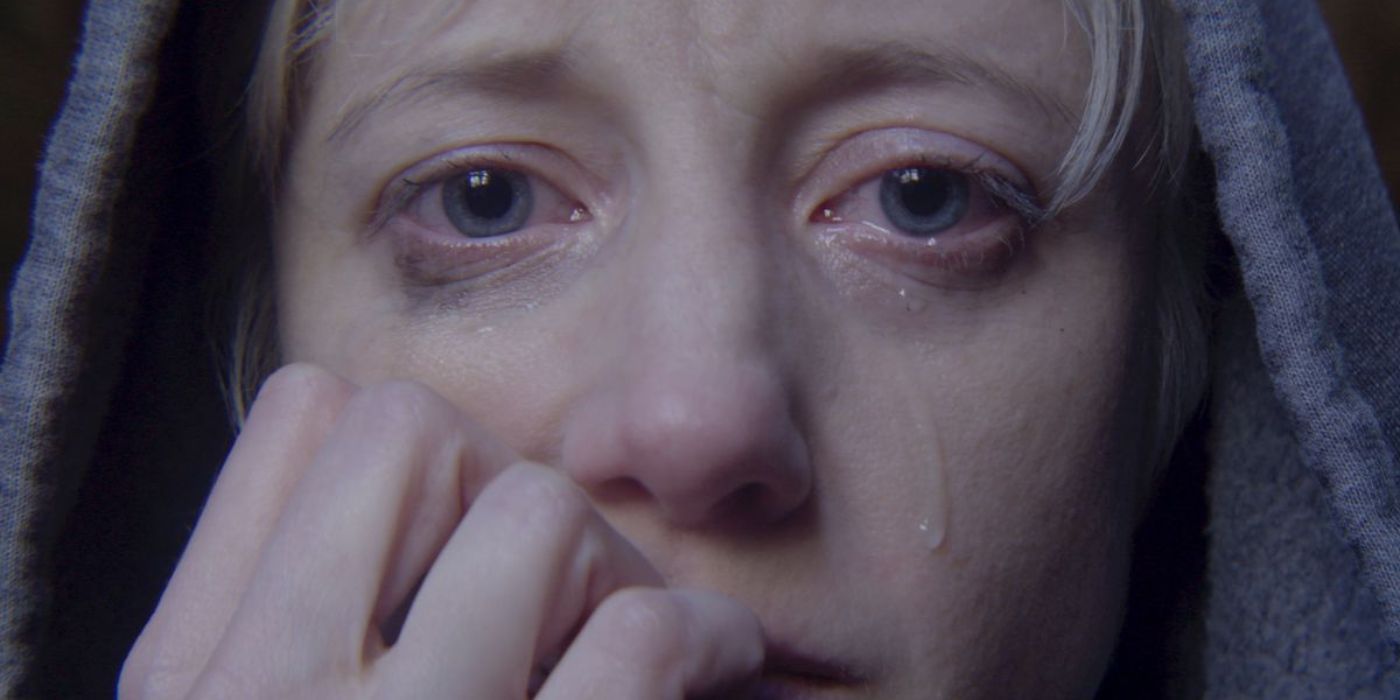
Black Mirror has earned a name for its thought-provoking stories exploring the effect of technology on society, although some episodes have been eclipsed by popular favorites such as “San Junipero” and “USS Callister”. Yet, these acclaimed episodes are not the only ones that delve into profound, uncomfortable themes, questioning societal norms and expectations. These lesser-known masterpieces also tackle complex aspects of human nature, technological moral dilemmas, and the repercussions of digital addiction, sometimes even surpassing boundaries as effectively, if not more so.
It’s high time we delve deeper into some lesser-known yet worthy Black Mirror episodes that have been overlooked. From the subtle psychological drama in “Arkangel” to the deeply moving explorations of identity in “Striking Vipers,” each episode offers a distinctive viewpoint on how technology impacts our lives. Although these installments may not have garnered the same acclaim as Black Mirror’s most famous episodes, they are crucial for those aiming to grasp the full range of this series’ eerie and frequently disquieting narratives.
10
“Striking Vipers”
Season 5, Episode 1
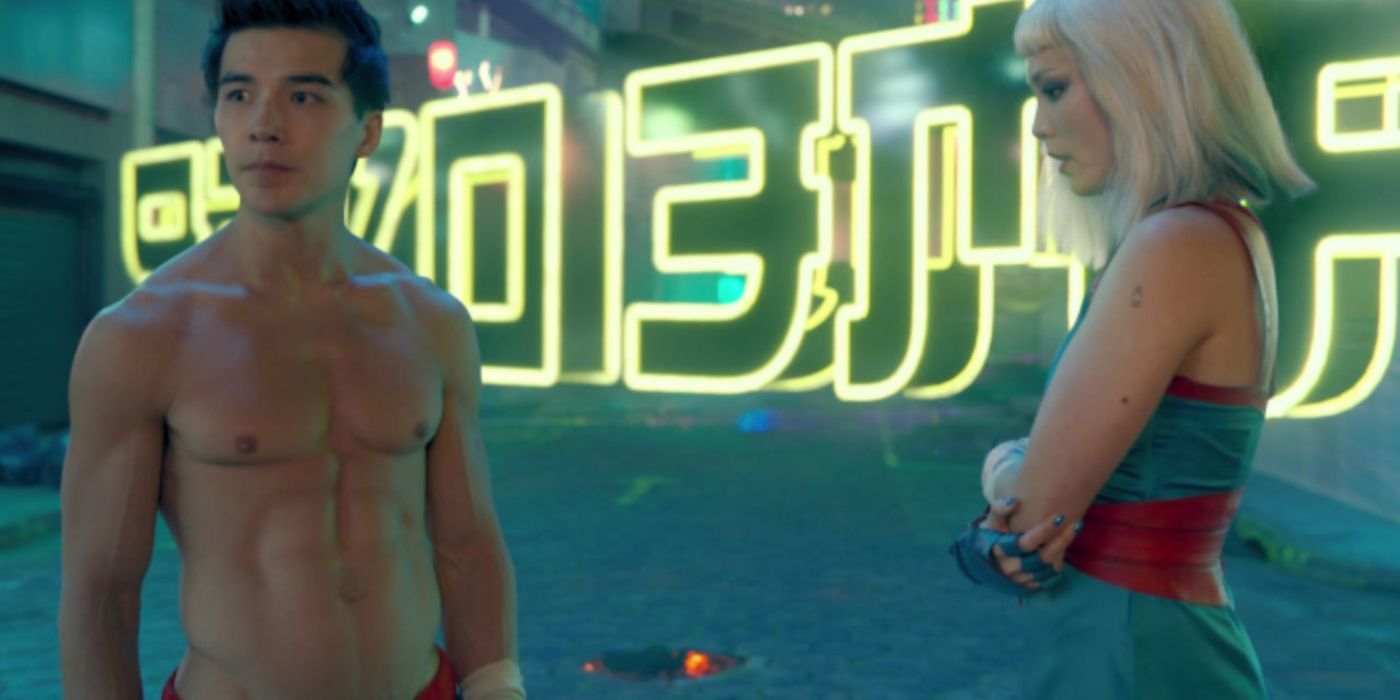

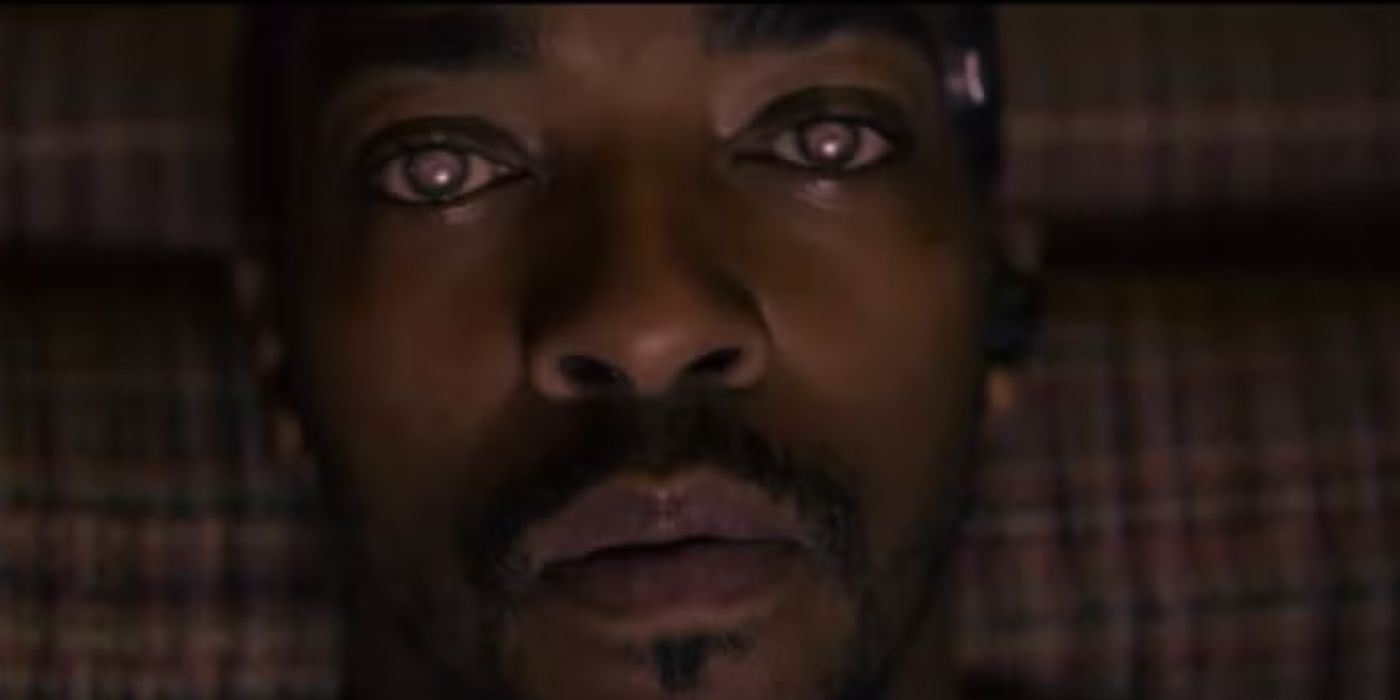
Without a doubt, ‘Striking Vipers’ is one of the most underappreciated episodes in Black Mirror, and it merits another viewing for multiple reasons. Featuring Anthony Mackie and Yahya Abdul-Mateen II, this episode delves into the intricate aspects of masculinity, sexuality, and friendship using a futuristic virtual reality combat game as its setting. Initially appearing as a heartfelt reunion between two long-lost friends, the story takes an intense turn, unfolding into a profound examination of self, desire, and the ambiguous boundary between real and digital connection.
Although “Striking Vipers”, one of the less popularly acclaimed seasons of “Black Mirror”, has received mixed reviews, it shines for its daring storytelling and thought-provoking themes. It questions traditional perspectives on love, marriage, and desire in a timely and relatable manner, particularly in our digital escape era. If you’re seeking a “Black Mirror” episode that tests boundaries yet delivers emotional substance, “Striking Vipers” is a compelling and frequently overlooked gem worth exploring.
9
“Arkangel”
Season 4, Episode 2
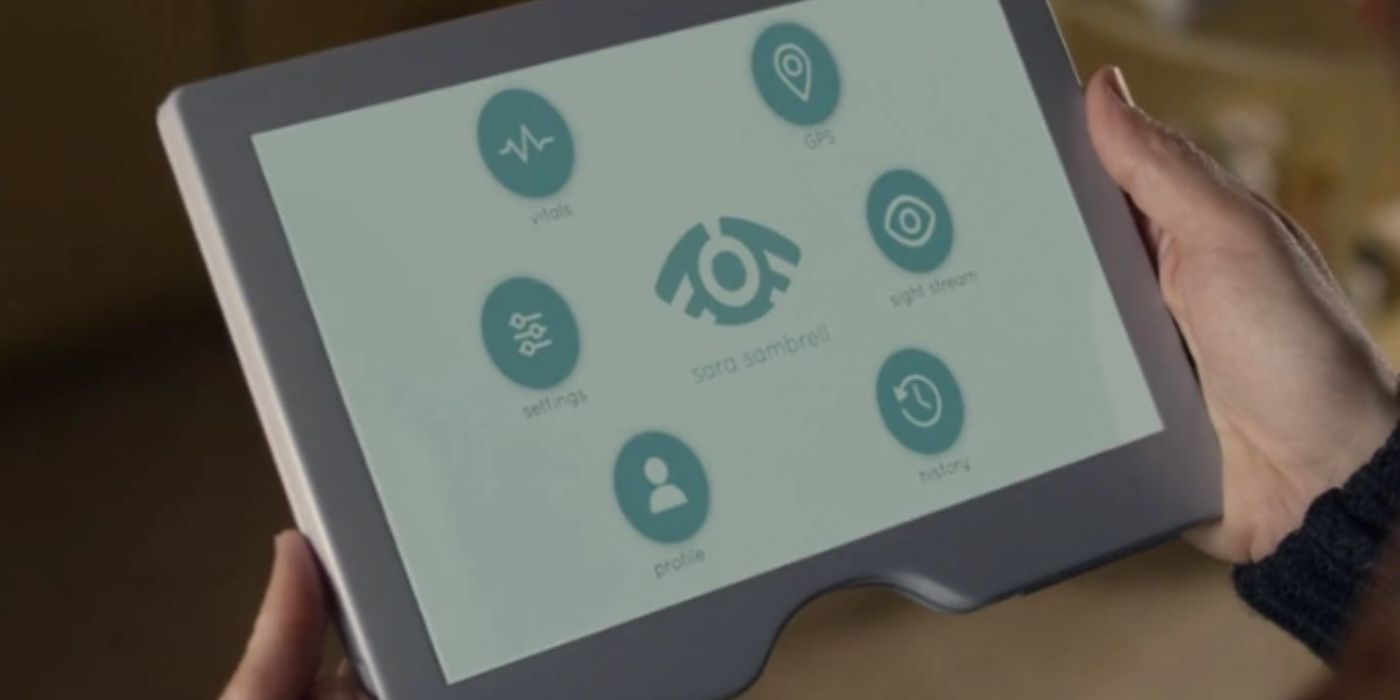
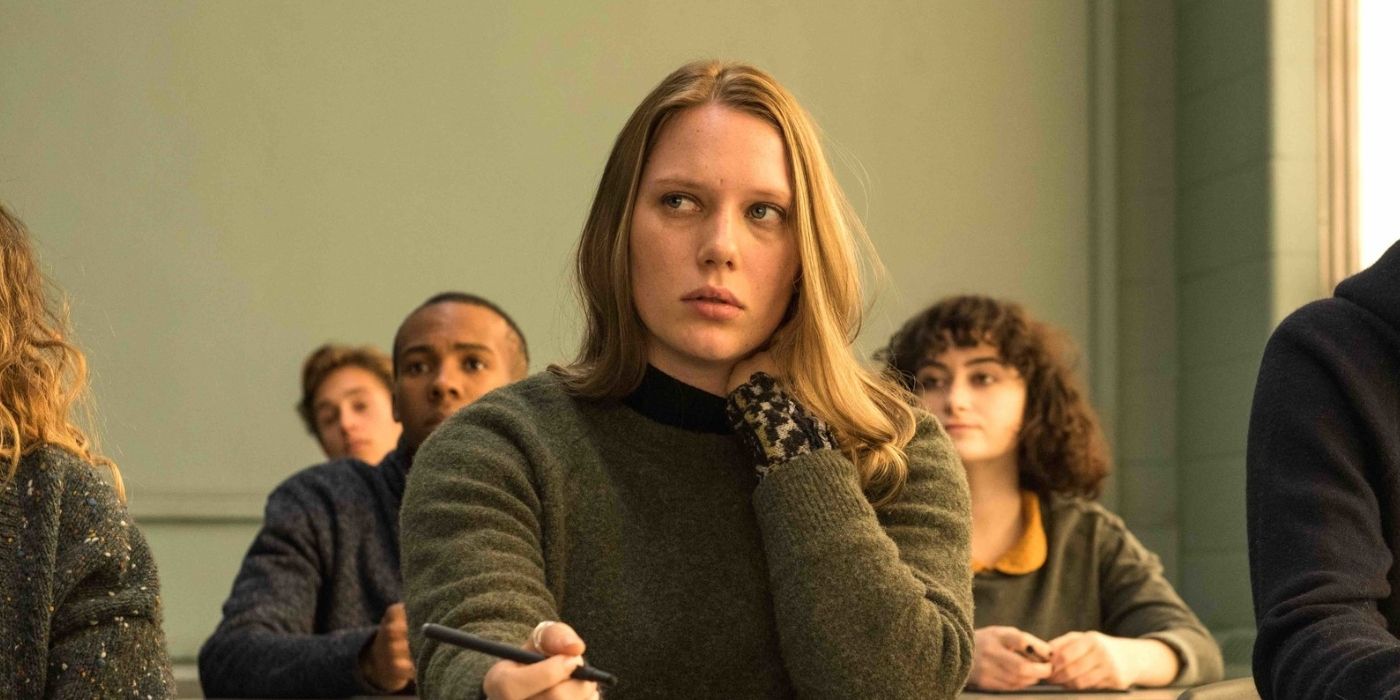
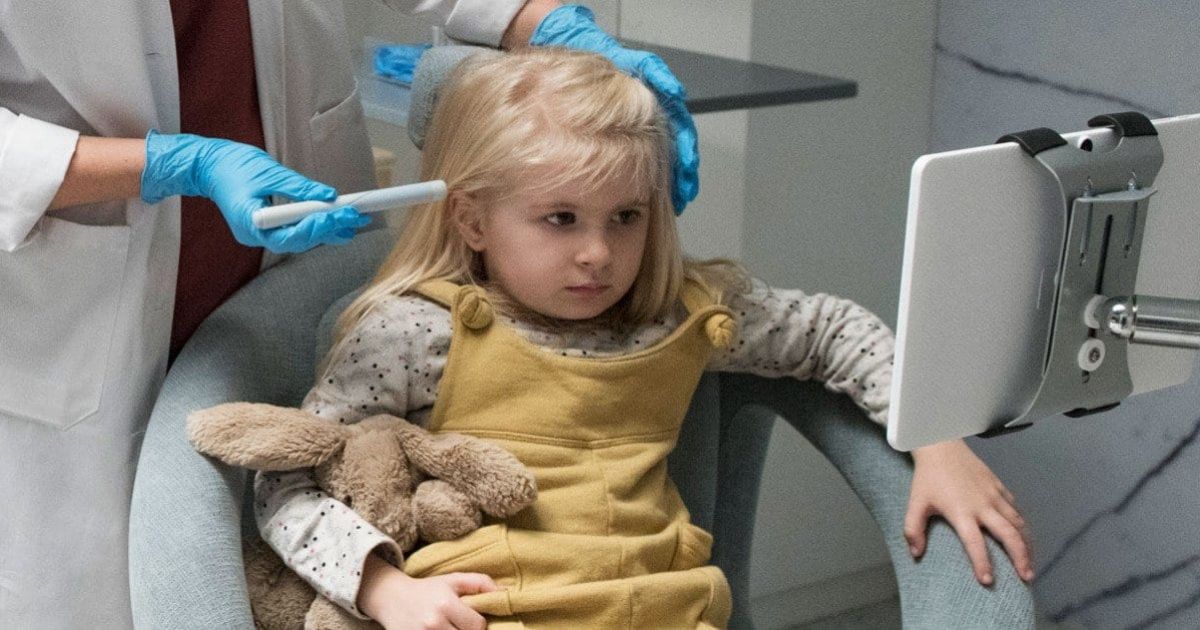
Under the guidance of Jodie Foster, the captivating yet understated “Arkangel” episode of “Black Mirror” delves into the murky waters of ethical quandaries surrounding parental control and surveillance. In a desperate bid to protect her child, a mother turns to advanced technology, which grants her the ability to oversee and filter her daughter’s sights and experiences. This thought-provoking episode skillfully tackles contemporary issues such as overprotective parenting, digital intrusion, and the inevitable backlash when autonomy is curtailed, while set within a convincing near-future context.
Despite not garnering the same level of praise as episodes such as “Nosedive,” “Arkangel” merits more recognition due to its profoundly moving storyline and realistic portrayal. Unlike other episodes that rely on extravagant visuals or futuristic dystopias, this one uses a subtle, home-centered setting to present one of the series’ most haunting and human tales. If you’re drawn to Black Mirror episodes that confront real-world anxieties with raw emotional intensity, “Arkangel” should definitely be on your watchlist.
8
“Mazey Day”
Season 6, Episode 4

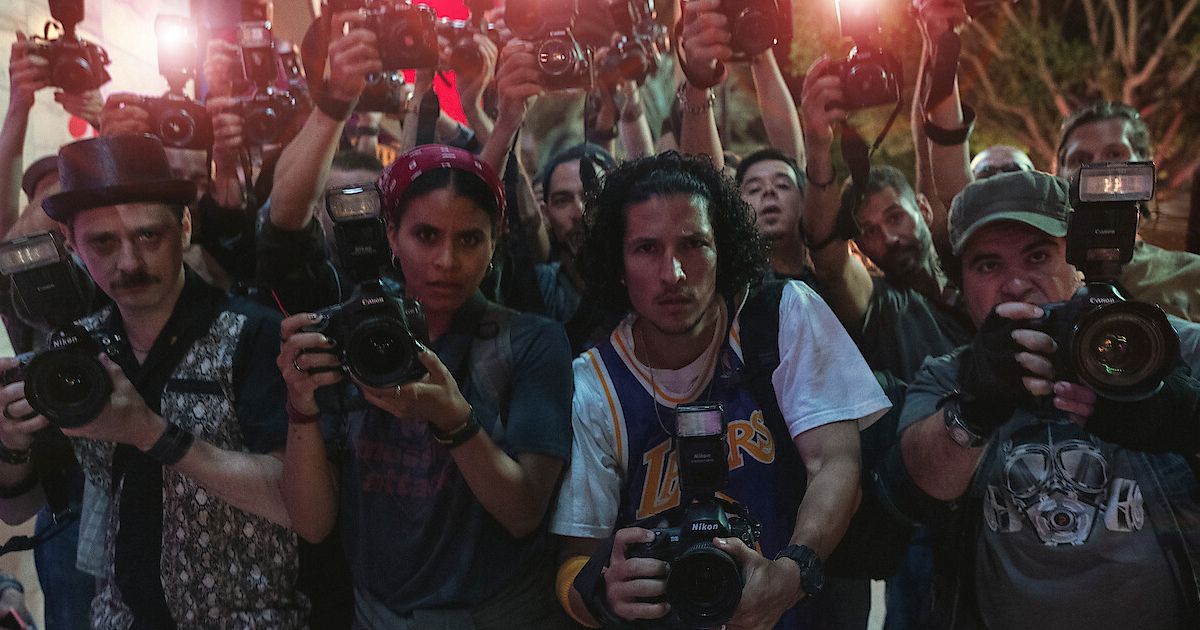
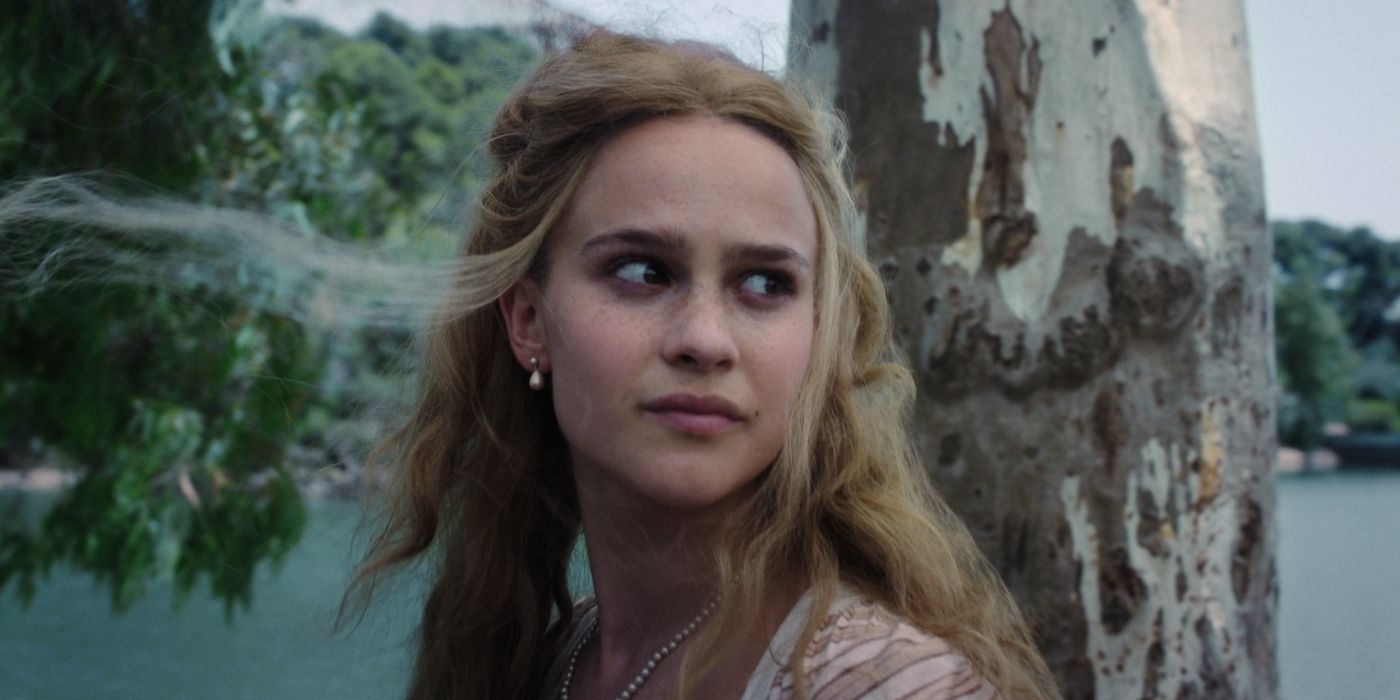
Although often criticized as one of the less popular “Black Mirror” episodes, “Mazey Day” warrants more recognition than it receives. In a storyline reminiscent of the paparazzi culture of the early 2000s, this suspenseful tale revolves around Zazie Beets’ compelling portrayal of a tabloid photographer uncovering a startling revelation about an elusive movie star. Although the climax delves into supernatural terror as opposed to the series’ usual tech-based dystopias, it continues to deliver incisive commentary on exploitation, celebrity fixation, and the relentless media pursuit of sensationalism – issues that continue to resonate in our modern fame-centric society.
As a die-hard fan of Black Mirror, I must say that “Mazey Day” might seem like a departure from the usual narrative threads, but it’s crucial to acknowledge its brave creative risks instead of dismissing it outright. In many ways, it mirrors the boldness of “Demon 79” by pushing the boundaries of the show, blending genres and formats in a unique way. The condensed runtime and jaw-dropping twist make for an exhilarating, spine-tingling journey – one that, while controversial, underscores the fact that Black Mirror is still capable of leaving us stunned by flouting its own conventions.
7
“Crocodile”
Season 4, Episode 3
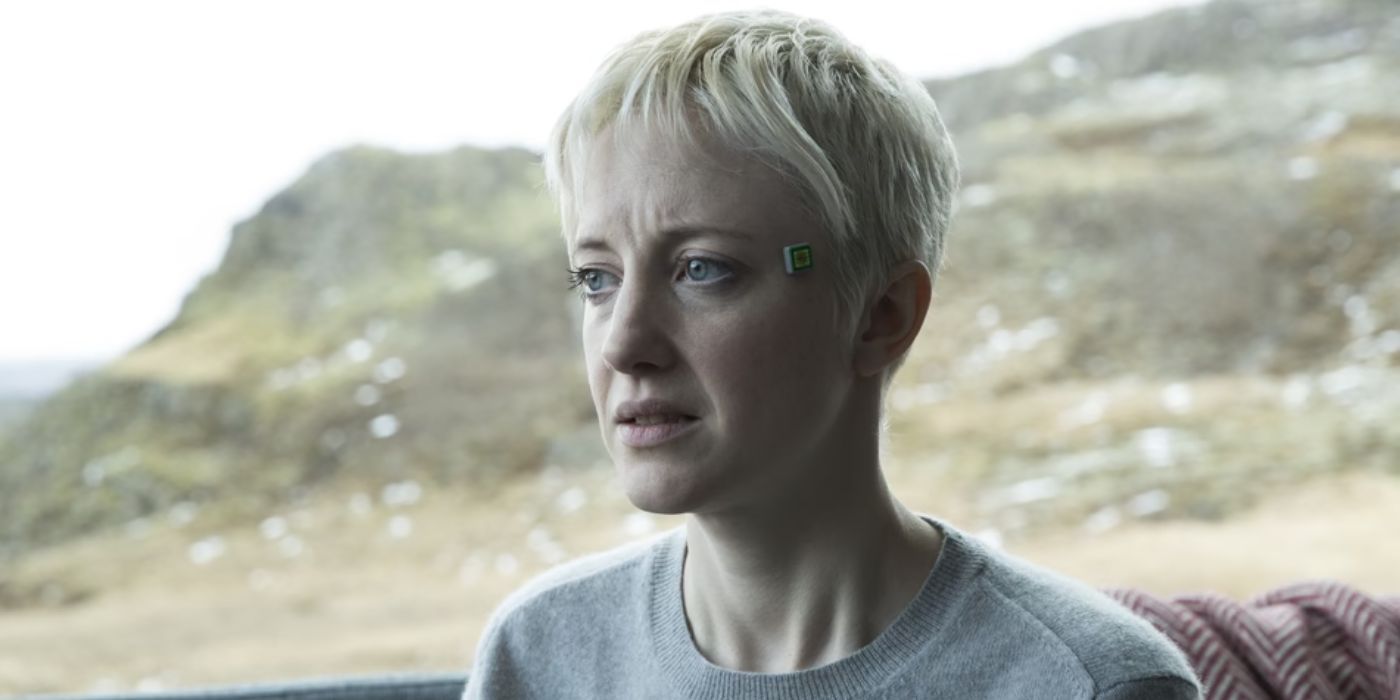

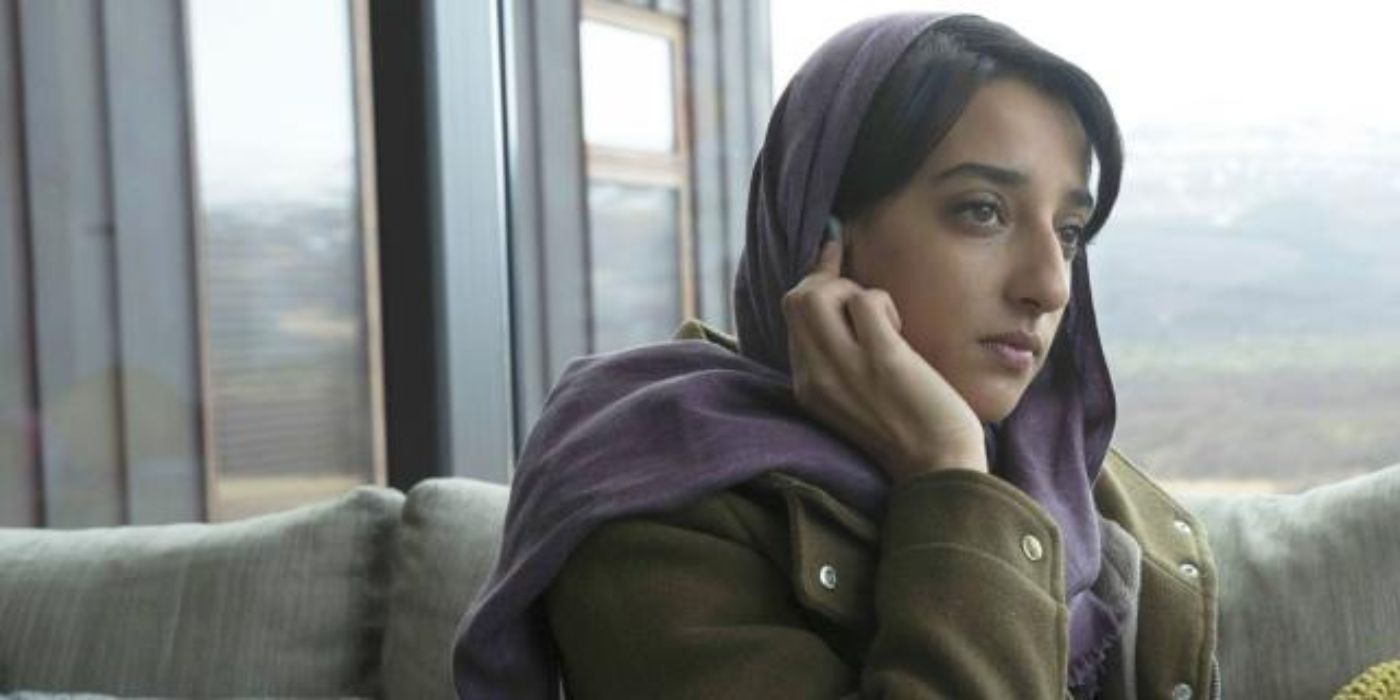
Despite being less prominent than shows such as “Hang the DJ” and “Black Museum,” the episode titled “Crocodile” stands out among Black Mirror’s offerings for its striking visuals and haunting themes. The narrative unfolds in a wintry, Iceland-inspired setting, where an insurance investigator employs memory-recall technology to solve a seemingly routine traffic accident. However, as she delves deeper into the case, she unearths a series of unsettling events. The story’s suspense builds primarily from Andrea Riseborough’s character, whose efforts to conceal her past lead to a grim progression marred by paranoia and desperation.
Although “Crocodile” may not offer the intricate storytelling found in other season four episodes, its simplicity enhances its impact. This episode delves deep into the dark undercurrents of the series’ central themes – guilt, privacy invasion, and the moral perils of advanced surveillance technology – with a gritty, film noir style. For those who appreciate stories that challenge their ethical judgments and enjoy suspenseful, long-term mysteries, “Crocodile” is an often overlooked masterpiece in Black Mirror that deserves another look.
6
“Loch Henry”
Season 6, Episode 2
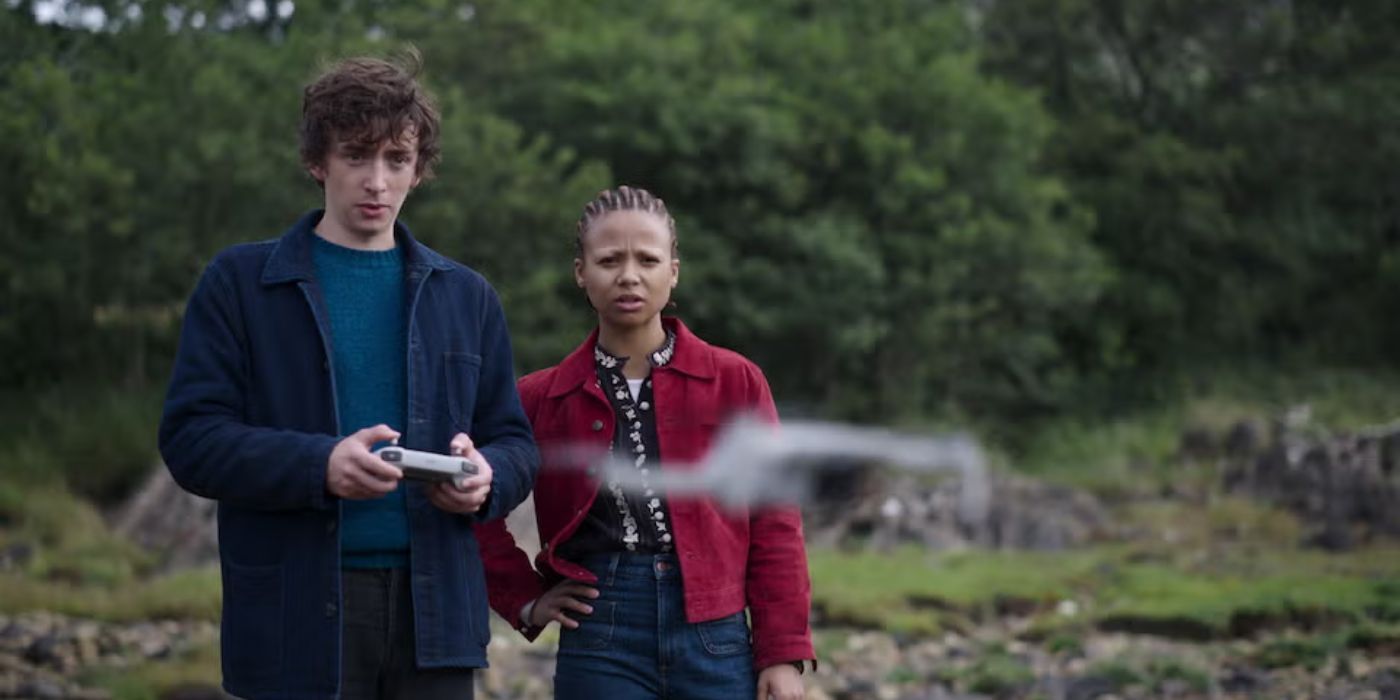
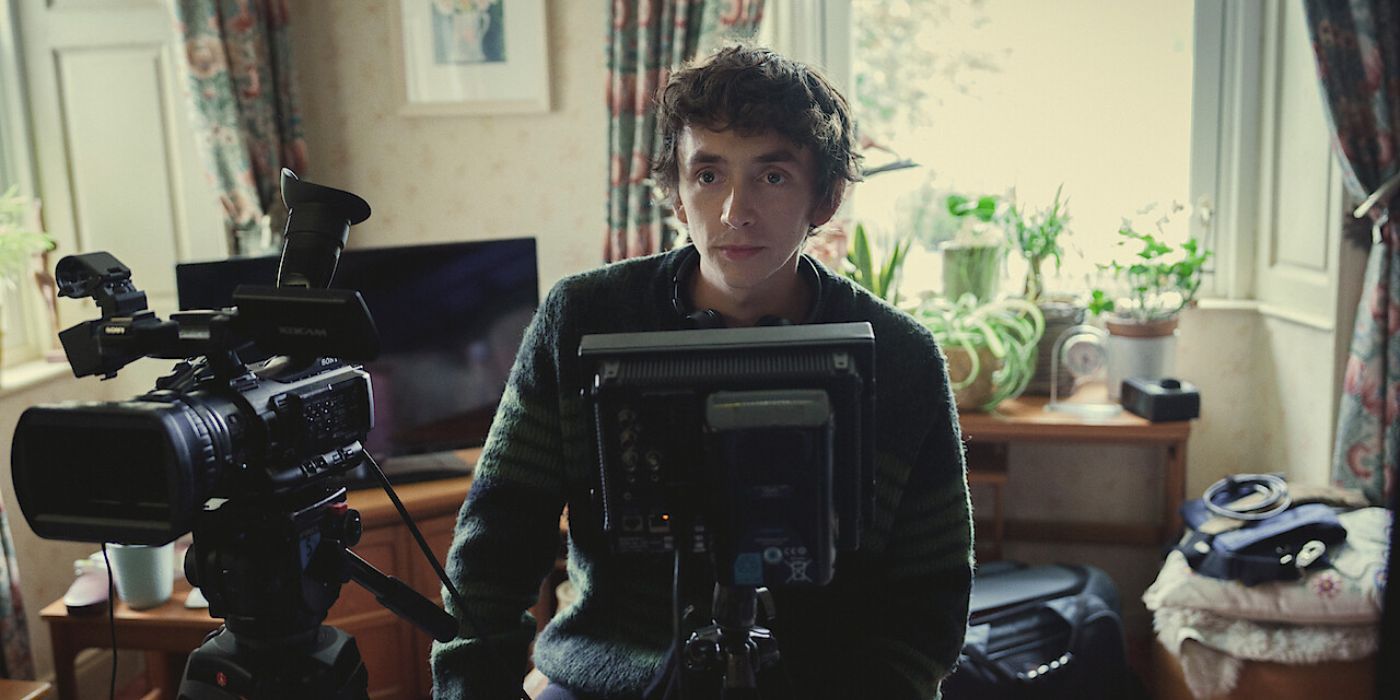

Notably among less recognized ‘Black Mirror’ episodes, ‘Loch Henry’ offers a profound critique on true crime narratives through subtle means. While episodes such as ‘Joan is Awful’ and ‘Beyond the Sea’ garnered more attention, ‘Loch Henry’ presents one of the season’s most impactful storylines. The episode tells the tale of a young couple visiting a secluded Scottish town to create a nature documentary, but instead they discover a horrifying local tale that irrevocably alters their lives. The suspense builds gradually and reaches a chilling climax in an unexpected twist that lingers with viewers long after the show ends.
Watching “Loch Henry” is highly recommended due to its unique perspective that scrutinizes both content creators and viewers, provoking thoughts about the societal value placed on real-life tragedies. This thought-provoking, skillfully crafted thriller stands out with one of the most deeply meaningful conclusions in “Black Mirror,” making it a must-see for aficionados of crime stories and ethical conundrums in media.
5
“The Waldo Moment”
Season 2, Episode 3
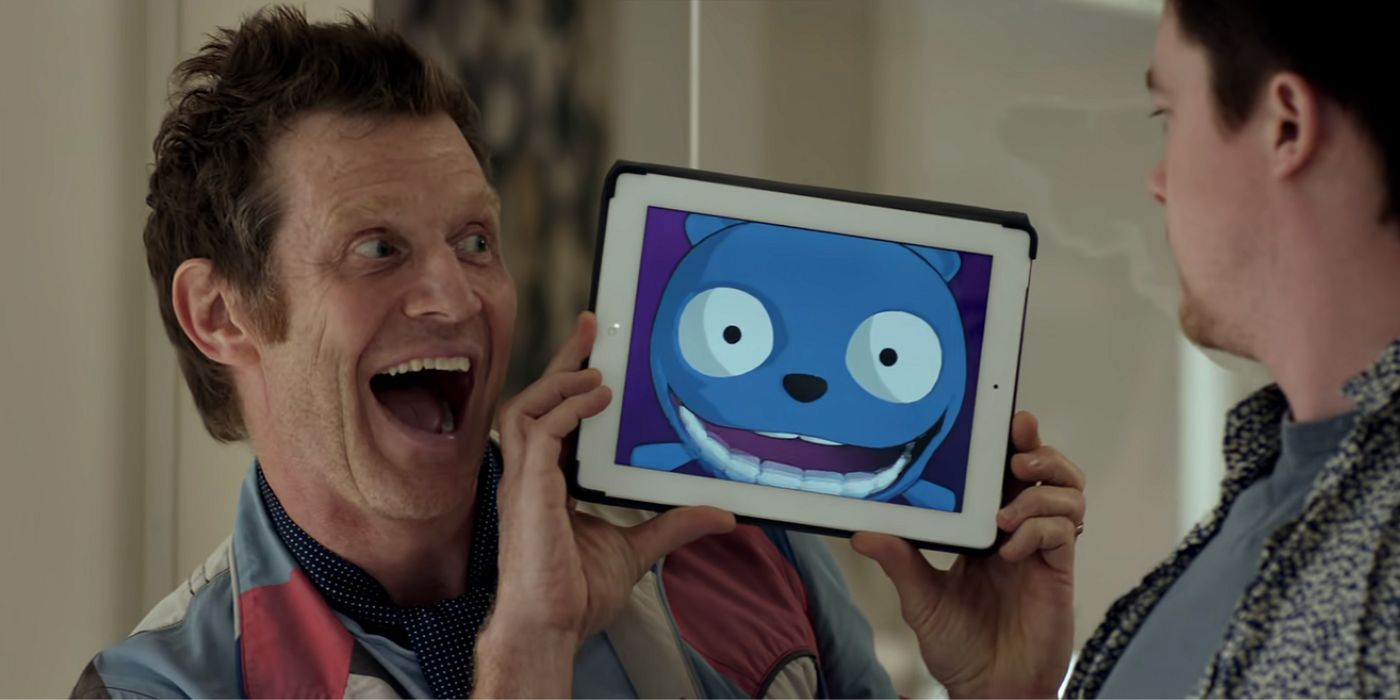

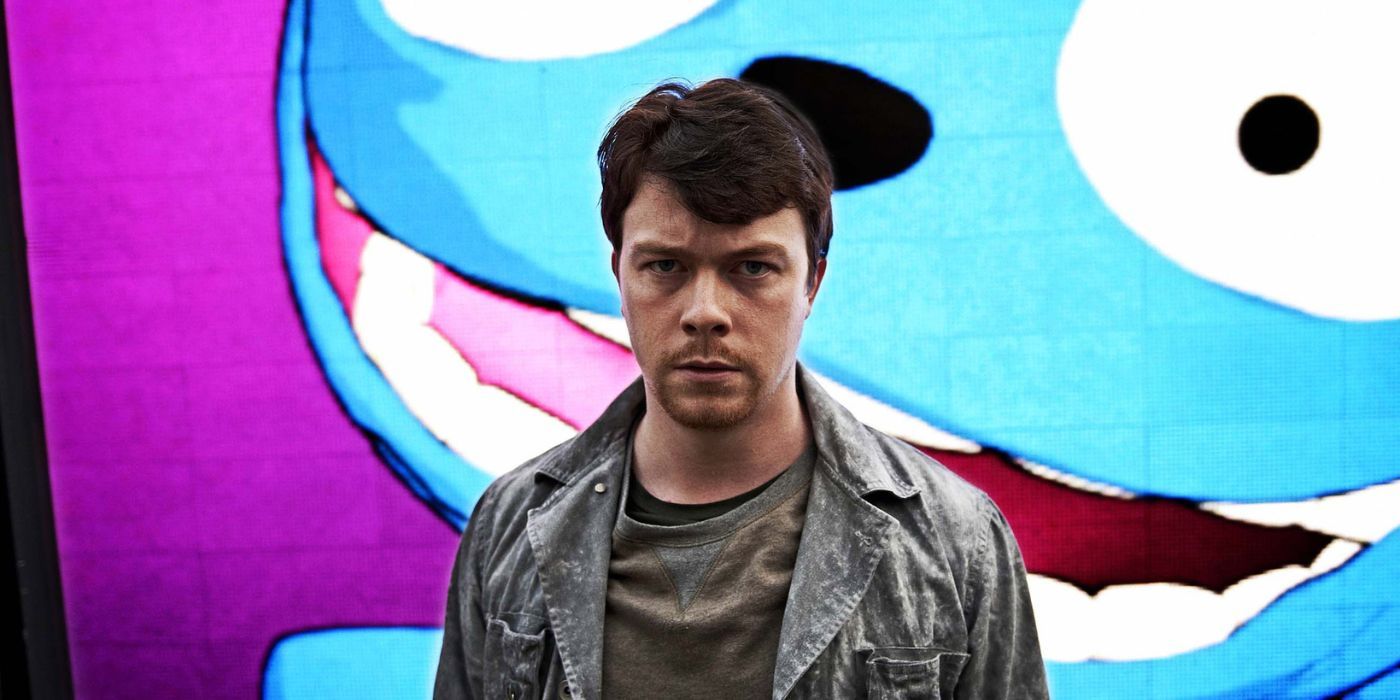
Over time, “The Waldo Moment,” initially viewed as one of the less impactful episodes of Black Mirror, has proven to be increasingly pertinent. This episode tells the story of a comedian whose crude cartoon character, Waldo, is inserted into a political campaign as a joke but unexpectedly gains traction among an angry electorate. Although its satire might have appeared excessive at first, its prophetic critique on populism, voter disenchantment, and media control now seems strikingly accurate.
The Waldo Moment” deserves more recognition for its innovative take on the political thriller genre by highlighting the dangerous overlap between entertainment and politics, especially when voters are motivated more by emotions than policy. While it may not possess the emotional and intellectually stimulating depth of certain ‘Black Mirror’ episodes like “White Bear,” it offers a contemporary and cautionary tale about anti-establishment sentiments and the theatrical aspect of modern democracy that is worth watching for those interested in political commentary within science fiction. This often overlooked ‘Black Mirror’ installment should not be missed by such viewers.
4
“Smithereens”
Season 5, Episode 2
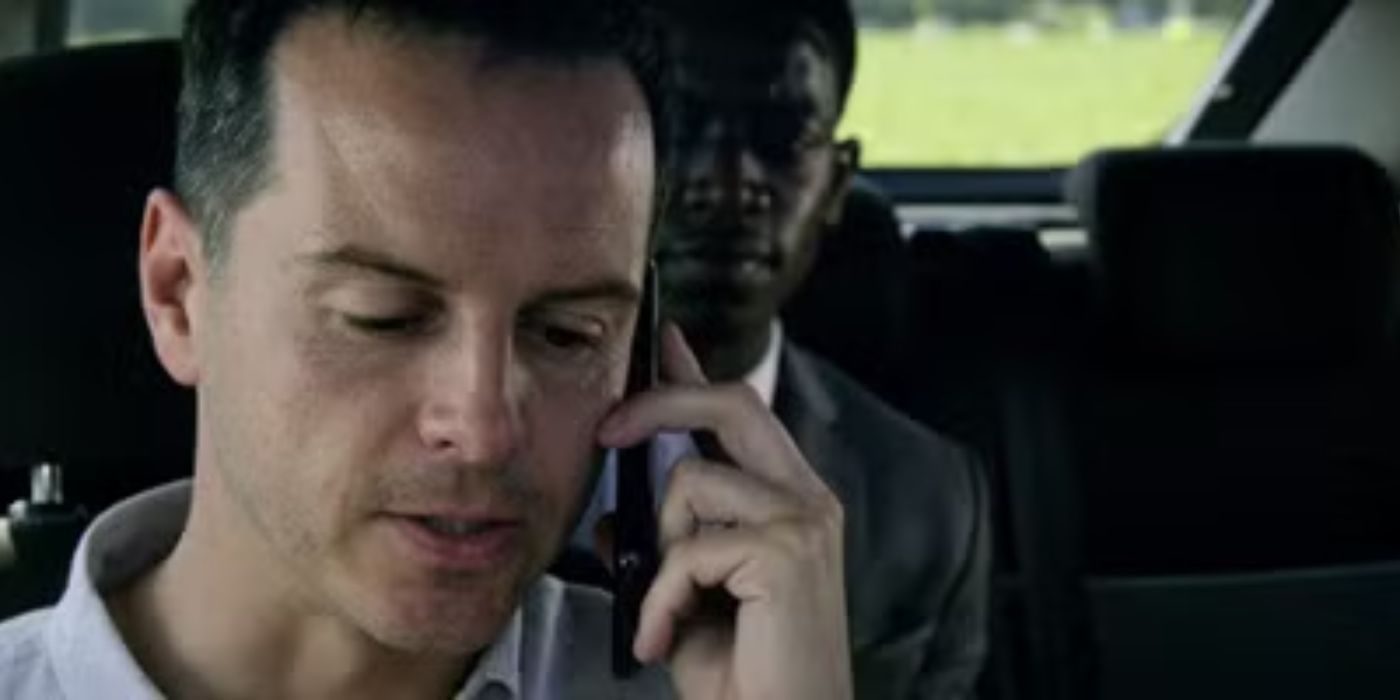
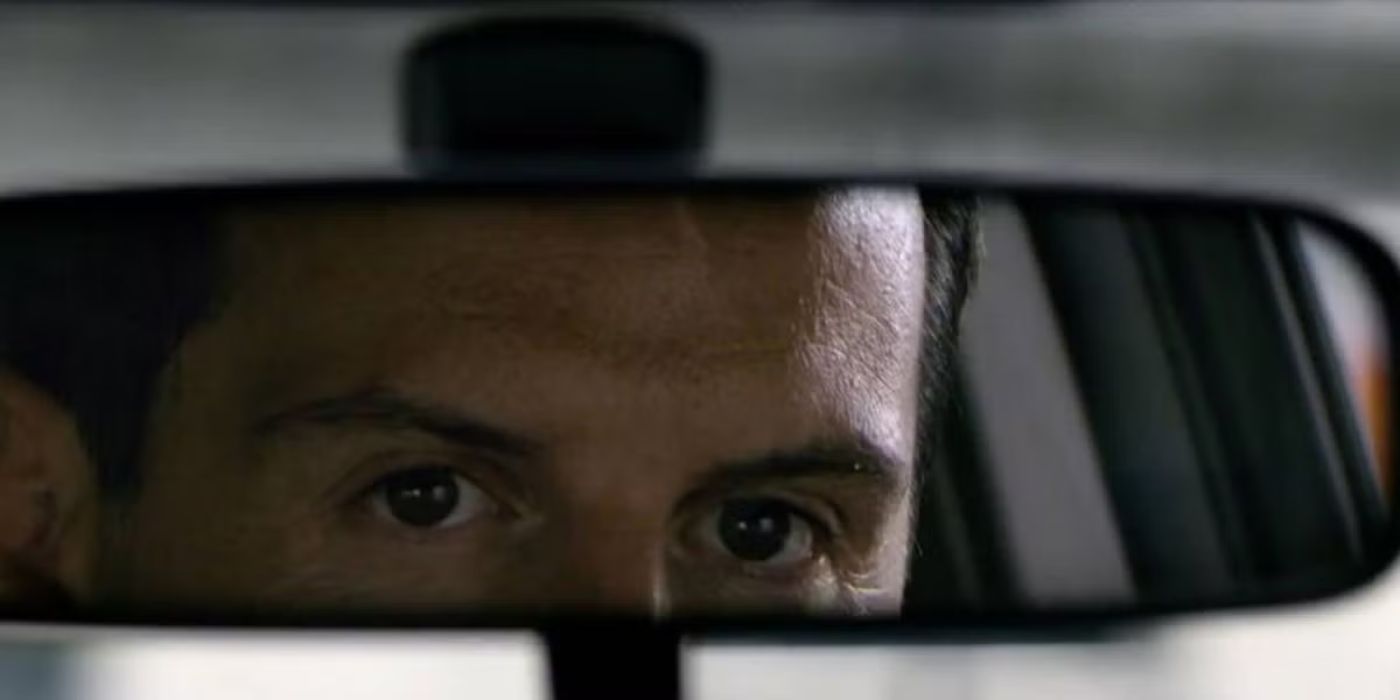
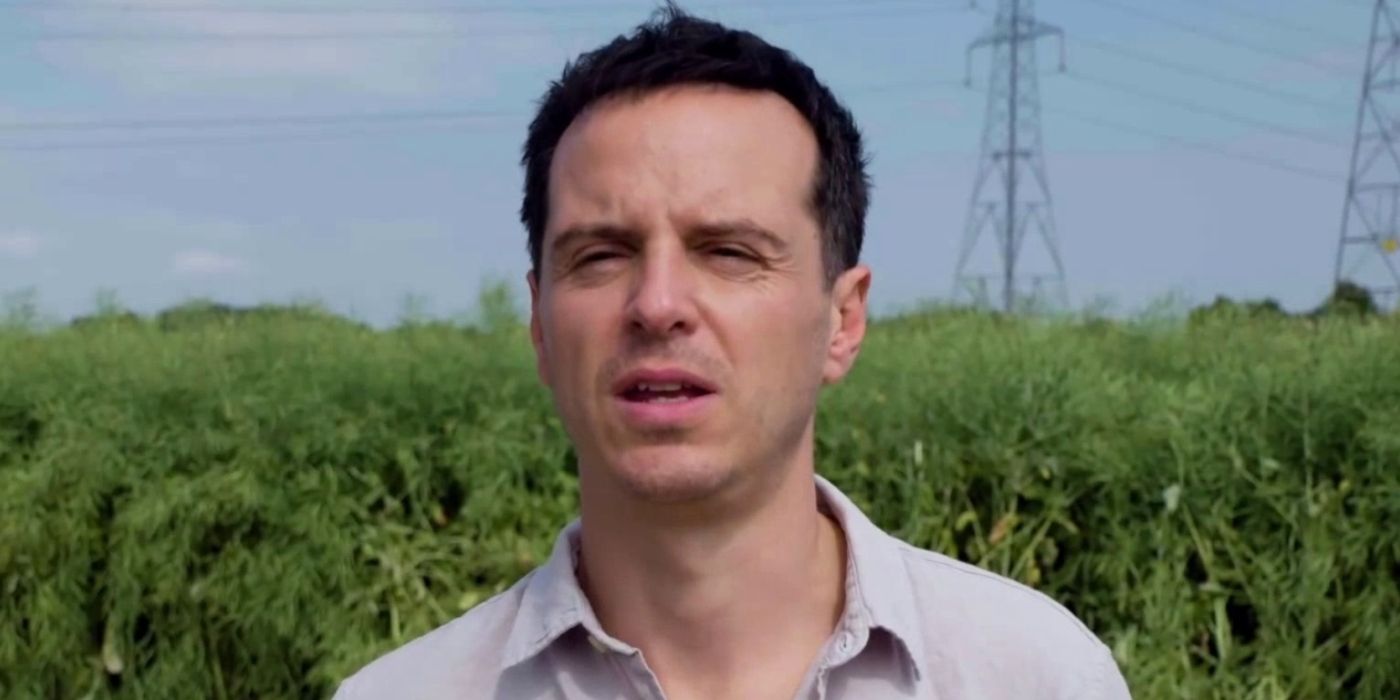
Smithereens”, a lesser-mentioned contender in discussions about top Black Mirror episodes, shines brightly as the standout of season 5. The narrative revolves around a cab driver who abducts an intern from a tech firm, leading to a tense hostage scenario. This episode delves into the societal obsession with social media, serving as a potent critique. Although some viewers argue it strays from the norm due to its lack of heavy reliance on futuristic technology, “Smithereens” underscores that Black Mirror’s strength lies in examining contemporary human behavior and emotional turmoil stemming from digital addiction.
This less celebrated episode of ‘Black Mirror’ offers a chilling, gradual buildup of tension that seems disturbingly possible. Andrew Scott provides an outstanding performance, lending depth to the story through raw emotion and ethical complexity. The exploration of grief, guilt, and the impact of constant connectivity resonates strongly in our current social media-dominated society. For viewers looking for a thought-provoking narrative with a strikingly realistic backdrop, “Smithereens” is a must-see.
3
“The National Anthem”
Season 1, Episode 1
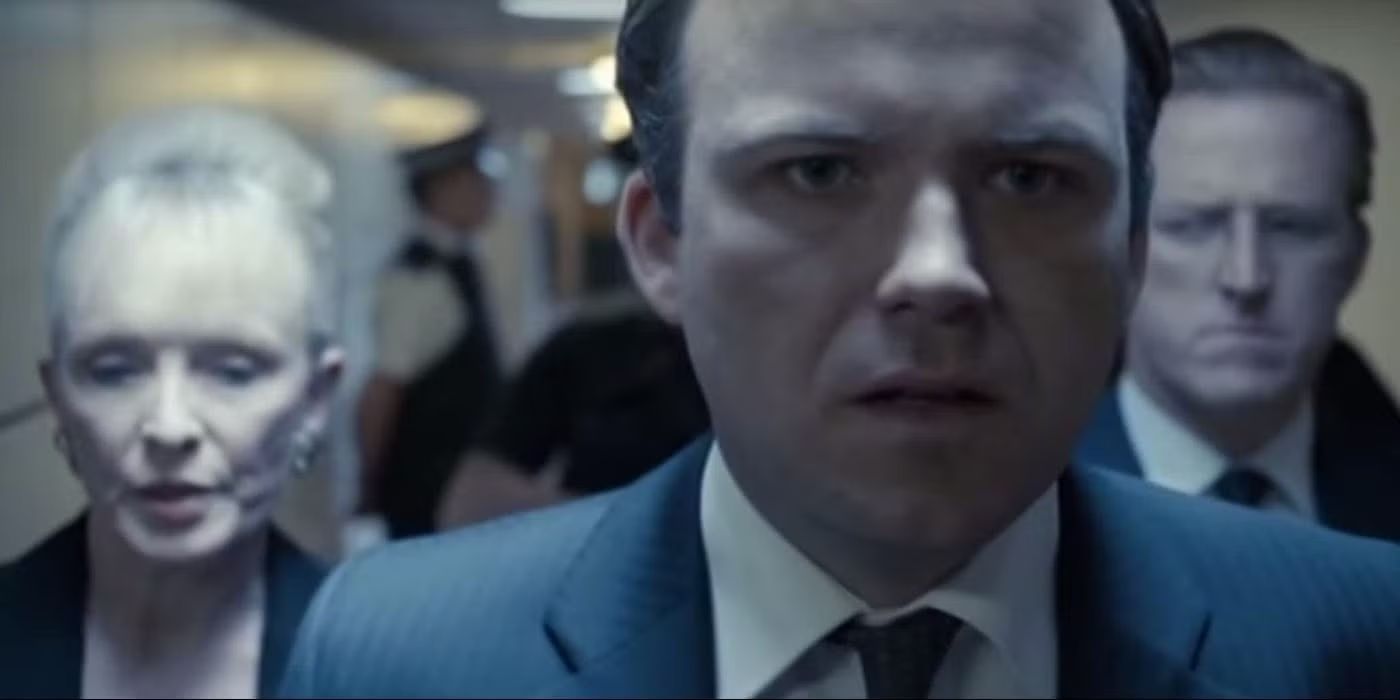
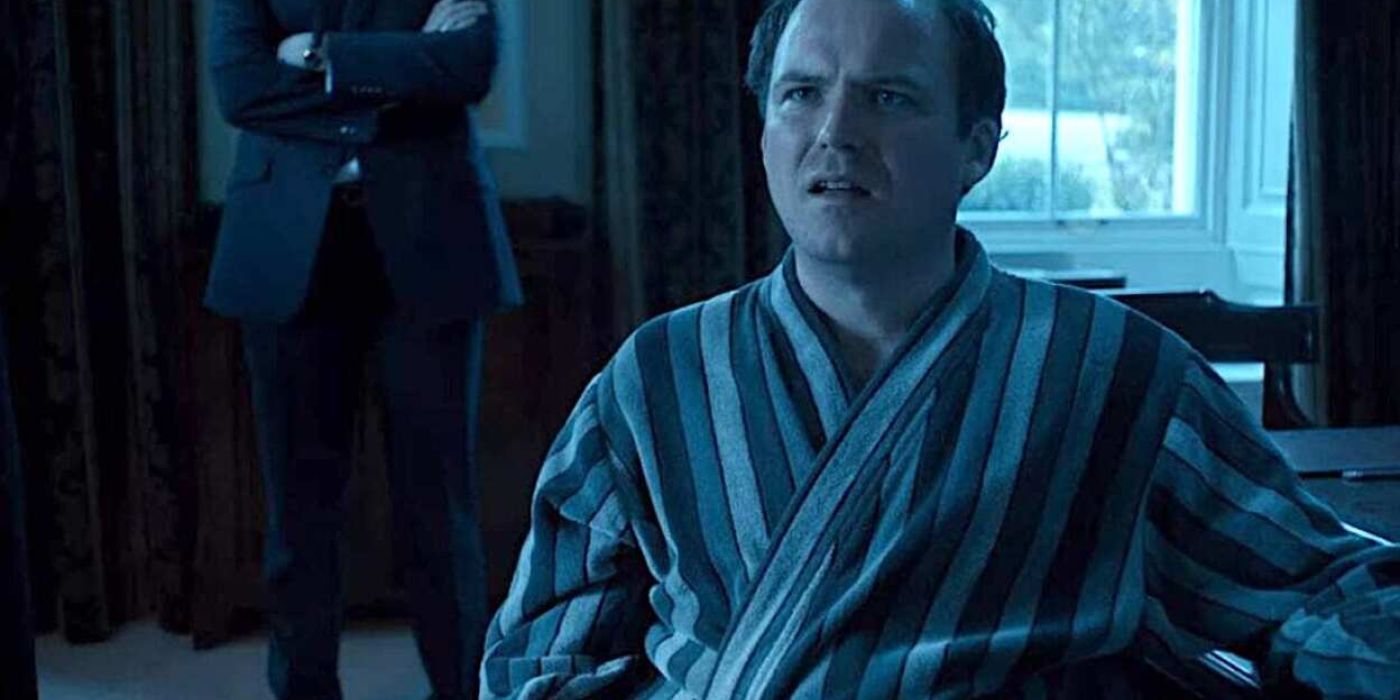
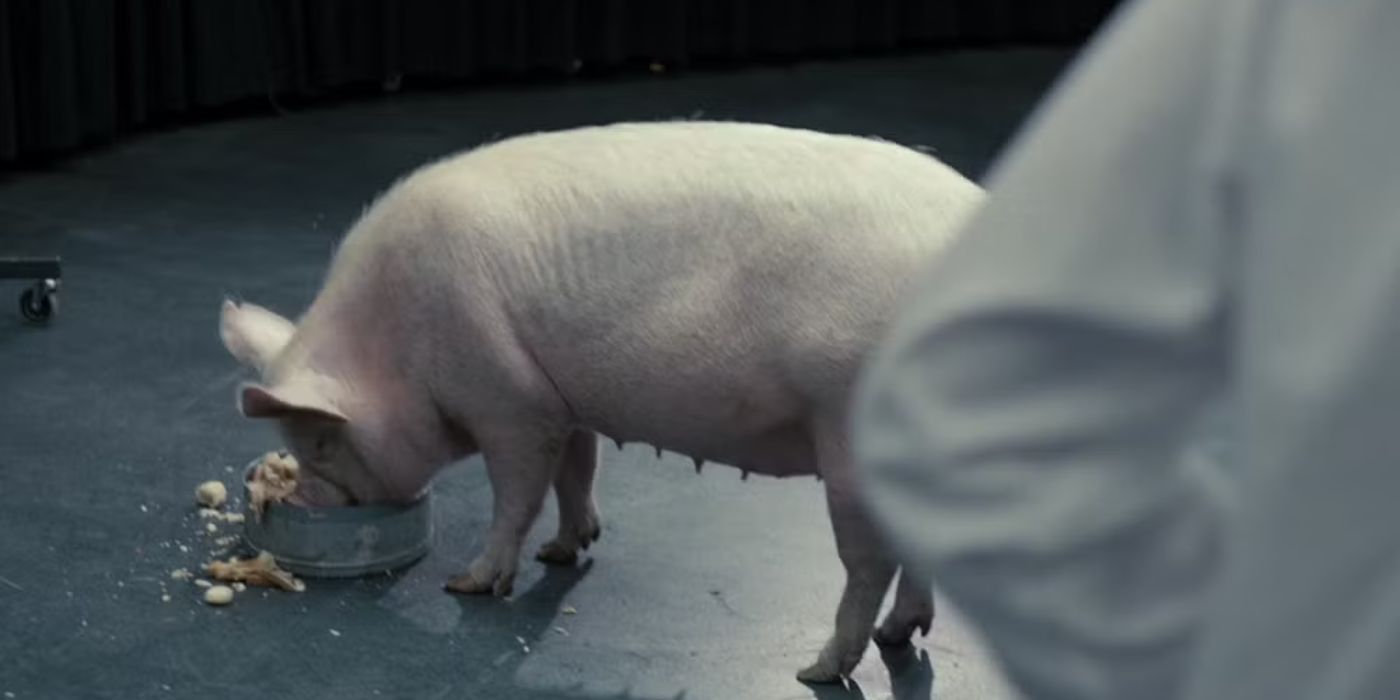
The initial “Black Mirror” episode, titled “The National Anthem,” established a distinctive mood for the show’s thought-provoking and disquieting narratives. However, it is sometimes overlooked because it lacks conventional science fiction elements. Remarkably, one of the finest pilot episodes on television, it focuses on Prime Minister Michael Callow as he grapples with an appalling ransom demand to secure the safe release of a kidnapped royal figure. Though it doesn’t showcase advanced technology, the plot delves into the chilling influence of viral media and public control, themes that remain strikingly pertinent in our current digital-driven world.
The National Anthem” stands out as an underestimated masterpiece due to its ability to provoke thought without resorting to sophisticated technology to depict a dystopia. Instead, it skillfully criticizes contemporary media, intrusive gazes, and groupthink in a way that feels disconcertingly accurate. Although it might not be the flashiest “Black Mirror” episode, its realism is what makes it truly chilling, as its effects linger long after the final, indelible scene has ended.
2
“Hated in the Nation”
Season 3, Episode 6


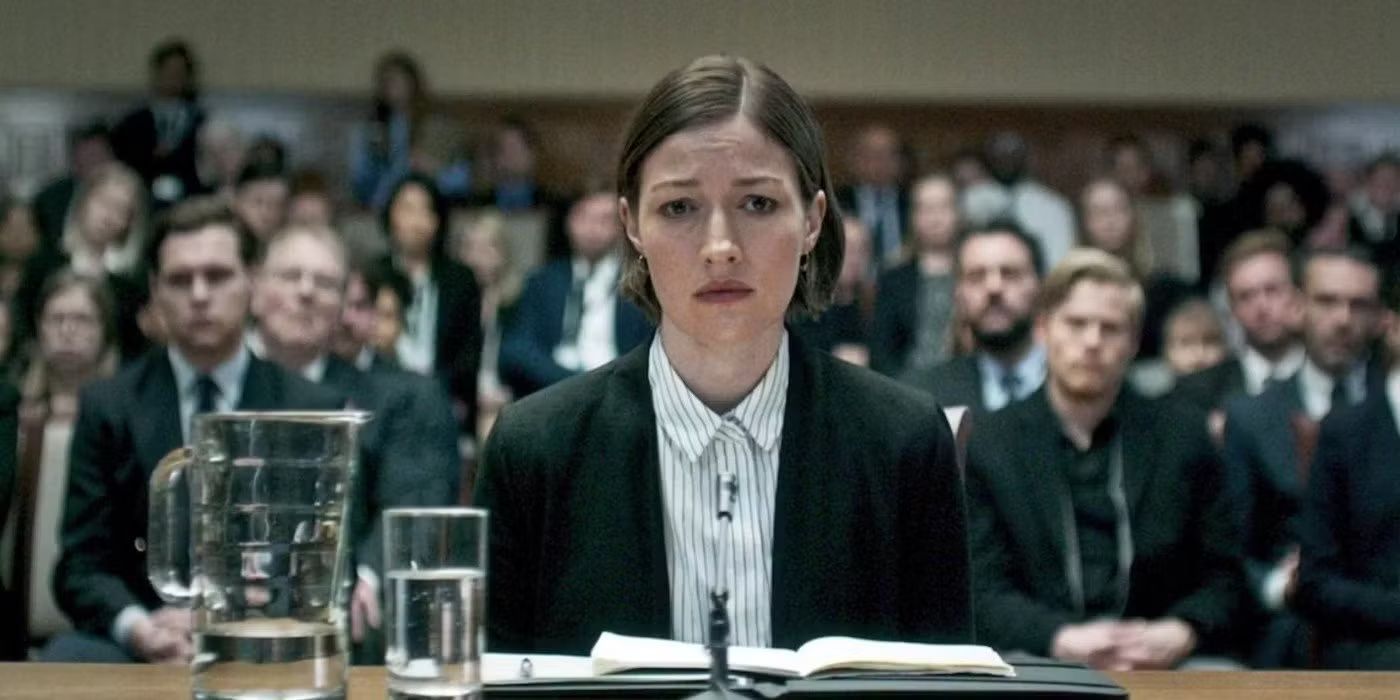
In comparison to other well-known episodes, ‘Hated in the Nation’ is particularly noteworthy as one of the most thought-provoking and socially relevant installments within the Black Mirror series so far. The season 3 finale centers around Detective Karin Parke and her tech-savvy partner Blue as they delve into a chilling sequence of deaths that appear to be connected with an online hate movement. The unique blend of elements – a hard-boiled crime investigation combined with a techno-dystopian backdrop – allows this episode to explore topics such as digital cancel culture, online harassment, and the alarming repercussions of collective digital fury.
Hated in the Nation” is surprisingly overlooked due to its eerily realistic storyline. The series cleverly explores themes such as social media weaponization, government surveillance, and AI justice, all of which are strikingly relevant today. The Autonomous Drone Insects (ADIs) introduce a thrilling sci-fi element in a grim dystopia, while the social commentary resonates uncomfortably with everyday life. It’s a suspenseful drama that delivers an intense, thought-provoking climax – one that truly deserves more attention.
1
“Be Right Back”
Season 2, Episode 1
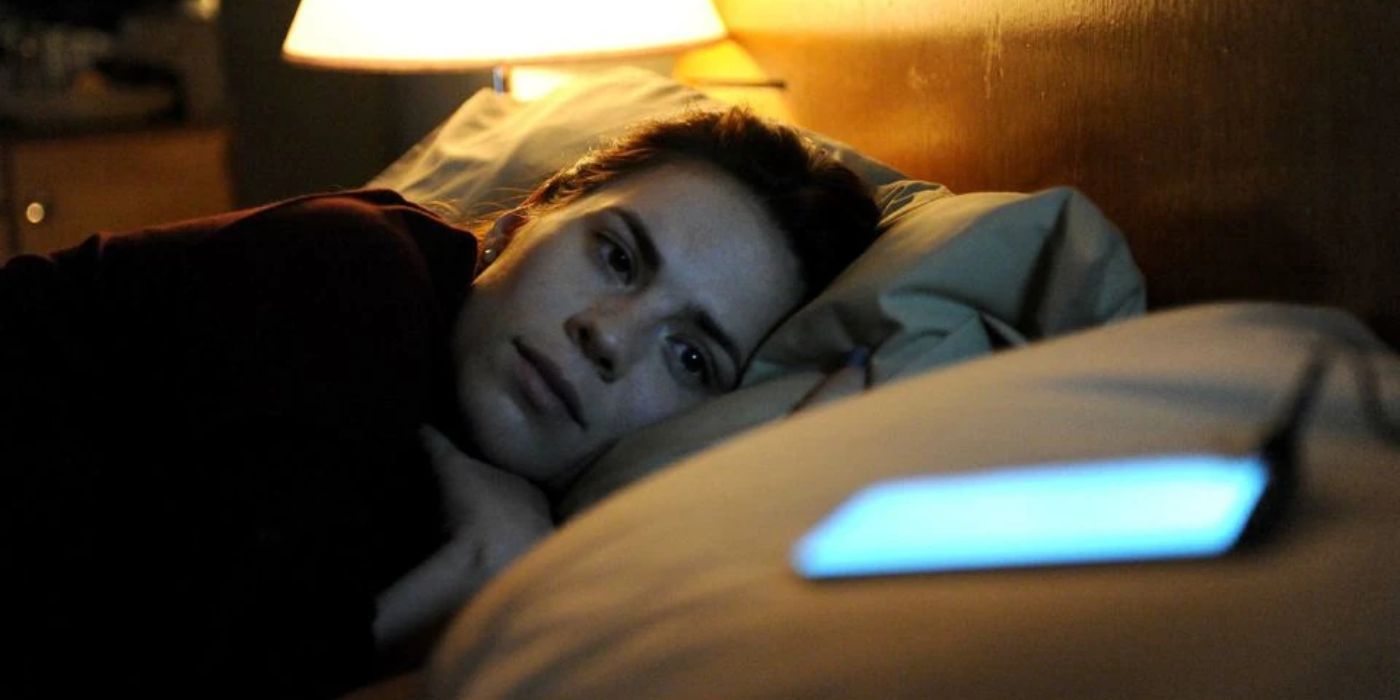
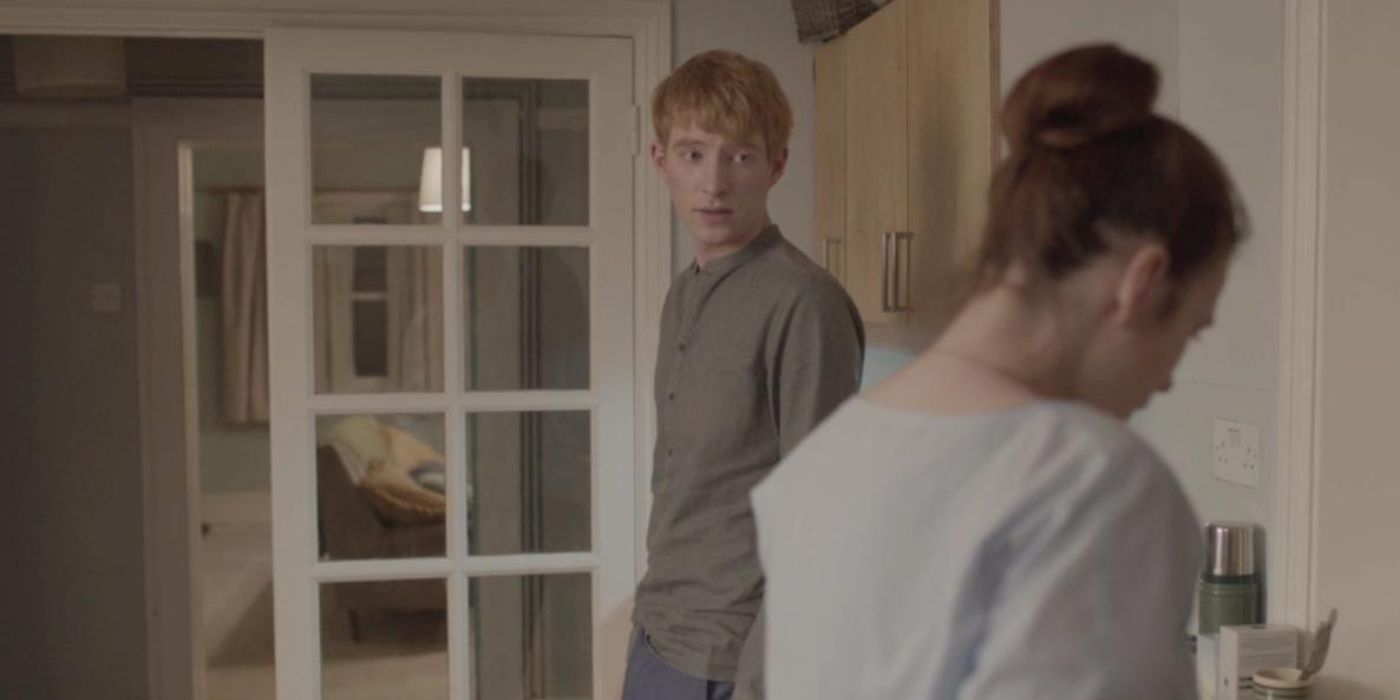
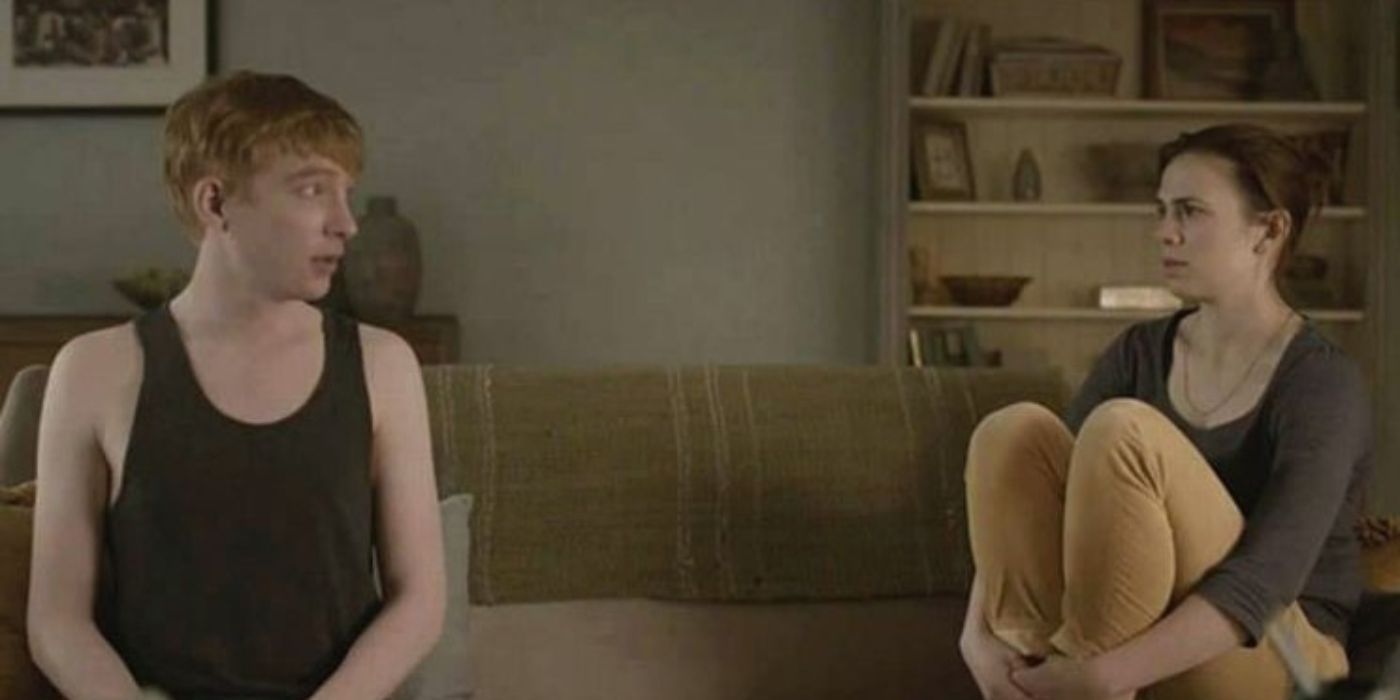
In contrast to popular acclaim for episodes like “San Junipero” and “White Christmas,” the undervalued “Be Right Back” from Black Mirror stands out as an impactful emotional tale. This episode, featuring Haley Atwell and Domhnall Gleeson, delves into themes of grief, memory, and artificial intelligence’s boundaries. The narrative centers around a widow who uses AI technology to converse with a chatbot representation of her late spouse, eventually leading to the construction of a lifelike android duplicate. This thought-provoking tale subtly raises questions about whether seeking solace in a digital resurrection of a loved one speeds up or hinders the process of grieving.
The opening episode of Season 2 is exceptionally powerful due to its understated terror and intensely personal implications, positioning it as one of the most emotionally impactful episodes within the Black Mirror series. Similar to more recent episodes such as “Common People” in Season 7, “Be Right Back” resonates strongly with today’s AI-focused society. Although it lacks flashiness, its profound emotional impact and psychological complexity make it a compelling viewing experience that should not be missed.
Read More
- Who Is Harley Wallace? The Heartbreaking Truth Behind Bring Her Back’s Dedication
- Basketball Zero Boombox & Music ID Codes – Roblox
- 50 Ankle Break & Score Sound ID Codes for Basketball Zero
- TikToker goes viral with world’s “most expensive” 24k gold Labubu
- Revisiting Peter Jackson’s Epic Monster Masterpiece: King Kong’s Lasting Impact on Cinema
- 100 Most-Watched TV Series of 2024-25 Across Streaming, Broadcast and Cable: ‘Squid Game’ Leads This Season’s Rankers
- How to watch the South Park Donald Trump PSA free online
- League of Legends MSI 2025: Full schedule, qualified teams & more
- KFC launches “Kentucky Fried Comeback” with free chicken and new menu item
- 50 Goal Sound ID Codes for Blue Lock Rivals
2025-04-22 01:04